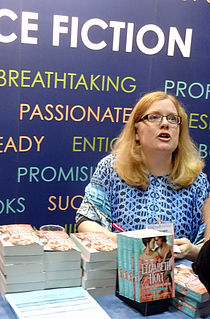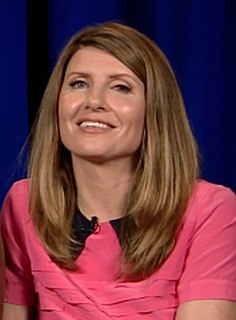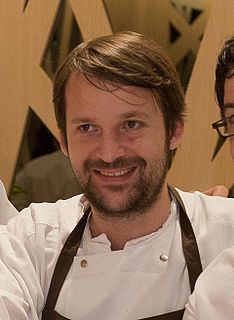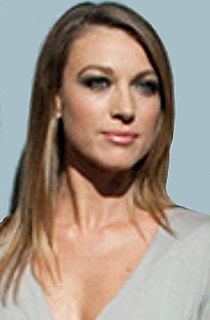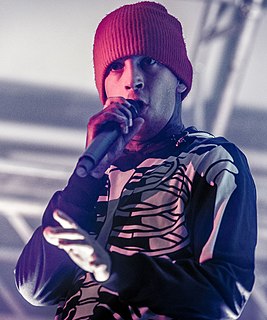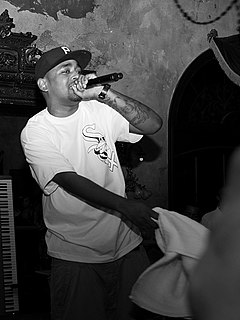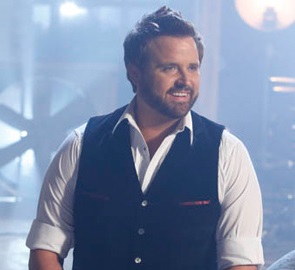A Quote by Elizabeth Hoyt
I pretty much started out writing full time. I was an at-home mom and when my youngest entered kindergarten, I started writing. I was 35, and before that I really hadn't written at all. Which means, I guess, that a) it's never too late to start a writing career (or any career you really want) and b) it's OK to get to your mid-30s and still not know what you want to be when you grow up.
Related Quotes
I started writing when I was around 6. I say 'writing,' but it was really just making up stuff! I started writing and doing my own thing. I didn't really know what a demo was or anything like that, so I started getting interested in studio gear and started learning about one instrument at a time. My first instrument was an accordion.
I've been writing for a long time, since the late '60s. But it hasn't been in the same form. I used to write scripts for television. I wrote for my comedy act. Then I wrote screenplays, and then I started writing New Yorker essays, and then I started writing plays. I didn't start writing prose, really, until the New Yorker essays, but they were comic. I didn't start writing prose, really, until the '90s. In my head, there was a link between everything. One thing led to another.
I started to change. It was sort of a restaurant mid-life crisis, you could say. I lost a lot of confidence, not so much as a father or as a friend, but as a boss, as a chef that's to make decisions throughout the day all the time. I just slowly started burning out. Once you lose your confidence like that, you start being angry in the kitchen. I couldn't recognize myself anymore. I started writing the journal. It was never meant to be a book, but the editor at Phaidon read parts of it. As editors do, I guess.
I started out being a stand up and writing my own material. That took me to Talk Soup, where I was writing and performing for TV. So everything is all the same job in my eyes, and I don't want to ever give up any part of it. I will say that stand-up is my first love; it's how I got started and is in my bones.
All of a sudden, when you're exposed to a large audience, they think you just started writing that day, but I started years before. I look back at things I wrote then and I'm so embarrassed - the writing seems so blocky and choppy to me and I wouldn't have wanted success any sooner because the writing was even worse.
I remember a distinct moment when it was my junior year of college, and the content I was making was changing and not really myself, and I tried to switch back to just putting me out there. I'm happy that happened really early in my career, because that was before I started doing podcasts or writing.
